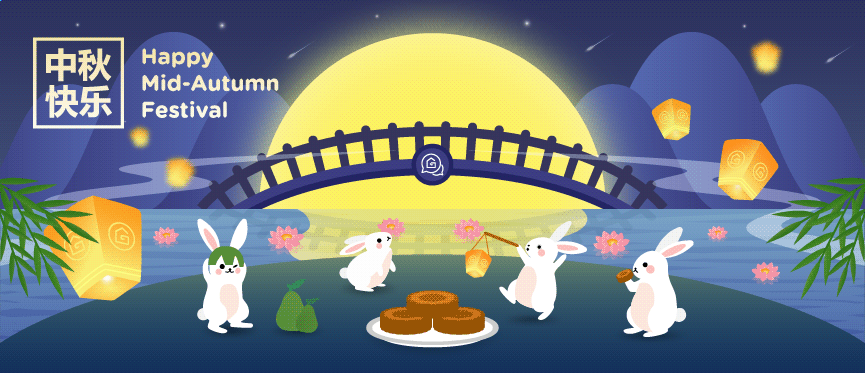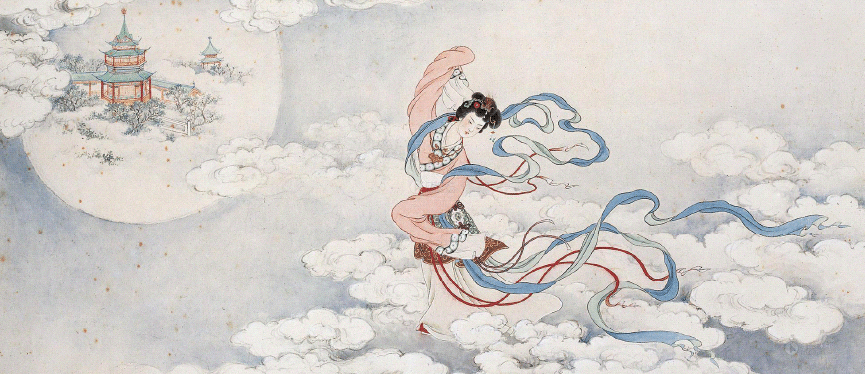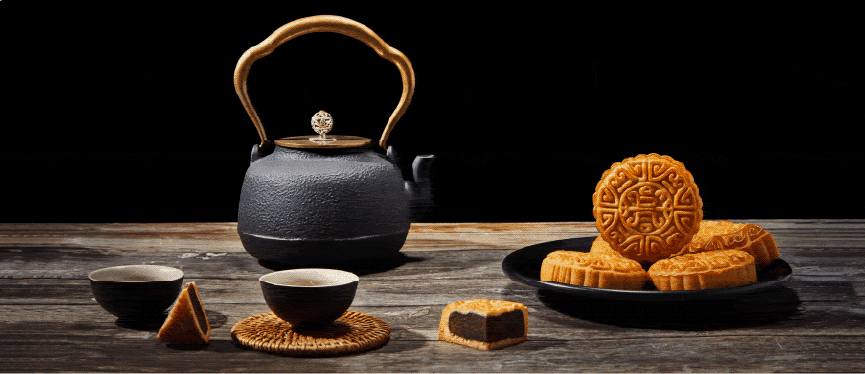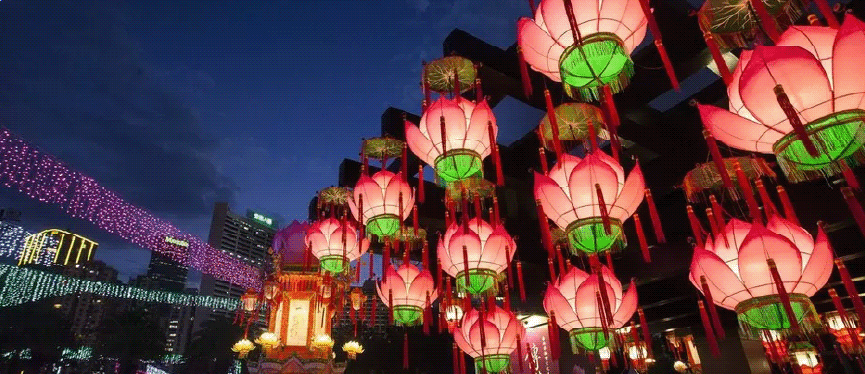
Zhong Qiu Jie (Mooncake Festival)
The Mooncake Festival, also known as the Mid-Autumn Festival or Zhongqiu Festival falls on the 15th day of the eighth month in the lunar calendar. Let me take you through the history of this festival which dates back to over 3000 years, from its mythical origins with the story of Chang’e to its evolution during the Tang Dynasty and its modern celebration with mooncakes and lanterns.

According to the most popular legend, it revolves around Chang’e, the Moon Goddess. There were ten suns in the sky, scorching the Earth. A hero named Hou Yi shot down nine of them with his bow and arrow, saving humanity from the unbearable heat. In gratitude, the Queen Mother of the West rewarded Hou Yi with an elixir of immortality.
Hou Yi, however, did not consume the elixir immediately. Instead, he entrusted it to his wife, Chang’e, for safekeeping. But a greedy apprentice of Hou Yi discovered the elixir’s existence and tried to steal it while Hou Yi was away. Fearing that he would succeed, Chang’e consumed the elixir herself, causing her to become weightless and ascend to the moon, where she became the Moon Goddess.
This legend is at the heart of the Mooncake Festival, as Chang’e is believed to be most radiant and closest to Earth on the 15th day of the eighth lunar month.

During the Tang Dynasty, mooncakes were introduced. Mooncakes were originally a form of tribute offered to the emperor, but during the Tang Dynasty, they became a symbol of unity and good fortune. The tradition of exchanging mooncakes among family members and friends began during this time, signifying reunion and harmony.
Traditionally, they are round to symbolize the full moon and family unity. The filling often includes lotus seed paste, red bean paste, salted egg yolks, and sometimes even fruits, nuts, or meats. Mooncakes are not only delicious but also intricately designed, with decorative patterns on their crusts that represent various blessings, such as longevity, prosperity, and happiness.

Today, the Mooncake Festival includes not only mooncake exchange but also lantern processions, cultural performances, and the appreciation of the moon’s beauty. It is also a time where families and friends gather to admire the moon’s splendor, and children carry lanterns, creating a colorful and joyous atmosphere. It has gained recognition and popularity worldwide as a symbol of Chinese culture.
Related Post
Recent Posts
Categories
Newsletter
Subscribe to our newsletter to get the latest update!
Newsletter
Subscribe to our JaGaUpdates!
Newsletter
Subscribe to our JaGaUpdates!







